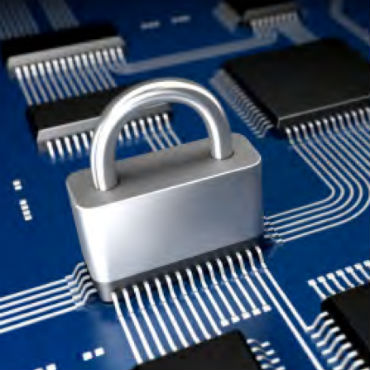DOJ official, former counterterror czar spar over Apple
The court order is a dangerous effort to compel speech in the form of writing software code, said Richard Clarke, a former White House counterterrorism adviser.

SAN FRANCISCO -- Former White House counterterrorism adviser Richard Clarke went head to head with a Justice Department official on March 1 over a federal court order to unlock the iPhone of one of the San Bernardino, Calif., shooters.
The court order, issued Feb. 16 to Apple Inc., is an attempt to compel speech in the form of writing software code, Clarke said during a panel discussion hosted by Christian Science Monitor's Passcode in San Francisco.
"You are trying to force American citizens to do something -- i.e., write code -- that they don't want to write," Clarke told Assistant Attorney General for National Security John Carlin.
Carlin said the court order was constitutional, adding later that Congress and the courts should have the final say on the issue.
Clarke, a counterterrorism and cybersecurity adviser to Presidents George W. Bush and Bill Clinton, said federal law enforcement is trying to establish a precedent with the Apple case. He also said he found it hard to believe that the National Security Agency couldn't hack its way into the iPhone 5C in question.
Carlin replied that all the government's resources had been consulted, "and yet here we are." As to the question of seeking to set a precedent, he said, "That is just 100 percent not true."
He was asked if there was any hope for finding middle ground between the technology sector and law enforcement on the issue. "There will be some who have strongly held views," Carlin said, gesturing to Clarke, "but many who like to listen."
The terse exchange between Clarke and Carlin was a reminder of how deeply rooted the issues of privacy and security are in the Apple case. In a speech at the RSA Conference earlier in the day, Attorney General Loretta Lynch appealed for the technology industry's collaboration and cooperation on the issue.
Justice "will never sacrifice the safety of the American people or the ideals that we all cherish," she said in her prepared remarks. "As recent events have made clear, the stakes aren't theoretical; they bear directly upon our public safety and our national security."
NEXT STORY: DHS to launch new system for insider threat data





